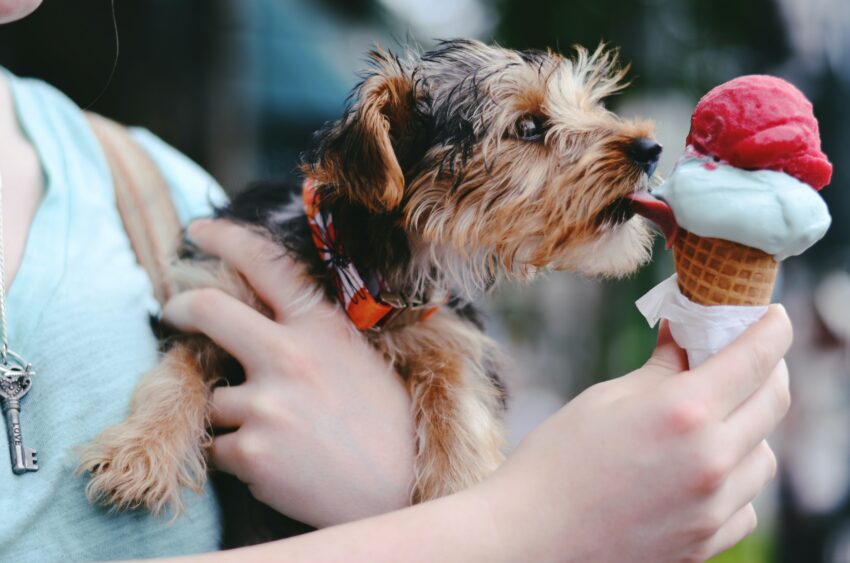Dogs are an important part of our lives and they are beloved members of many families. As such, it is important to be aware of what foods can be toxic to our furry friends. While many people may be tempted to share table scraps or leftover ingredients from cooking with their dogs, it is important to do research first to ensure that these foods are not harmful to their health.
There are a number of foods that can be toxic to dogs, including:
Chocolate: Chocolate contains theobromine, which can cause vomiting, diarrhea, rapid breathing, and seizures in dogs. Dark chocolate and baking chocolate are particularly dangerous.
Grapes and raisins: Grapes and raisins can cause kidney failure in dogs.
Onions and garlic: Onions and garlic can cause anemia in dogs, which can be life-threatening.
Avocado: Avocado contains persin, which can cause vomiting and diarrhea in dogs.
Alcohol: Alcohol can cause vomiting, diarrhea, difficulty breathing, and in severe cases, coma and death in dogs.
Coffee and caffeine: Coffee and caffeine can cause restlessness, rapid breathing, heart palpitations, muscle tremors, and in severe cases, death.
Macadamia nuts: Macadamia nuts can cause lethargy, vomiting, hyperthermia, and tremors in dogs.
Xylitol: Xylitol is an artificial sweetener found in many sugar-free gums, candies, and baked goods. It can cause insulin release, leading to hypoglycemia (low blood sugar), seizures, and liver failure.
Yeast dough: Yeast dough can expand and produce gas in the digestive system, causing pain and potentially dangerous bloating.
Fatty foods: Fatty foods can cause pancreatitis in dogs, which is a painful and potentially life-threatening condition.
In addition to these foods, there are also a number of plants that are toxic to dogs. These include:
Sago palm
Azalea
Rhododendron
Lily
Tulip and daffodil bulbs
Oleander
Castor bean
Autumn crocus
English ivy
Yew
It is important to note that this is not an exhaustive list, and there may be other foods or plants that are toxic to dogs that are not included here. It is always a good idea to do research before giving your dog any table scraps or leftover ingredients from cooking to ensure that they are safe to eat.
In conclusion, while it may be tempting to share food with our dogs, it is important to be aware of what foods and plants can be toxic to their health. By doing research and being cautious about what we feed our dogs, we can help keep them healthy and safe. If you suspect that your dog has ingested something toxic, it is important to contact your veterinarian immediately for advice on what to do next.
